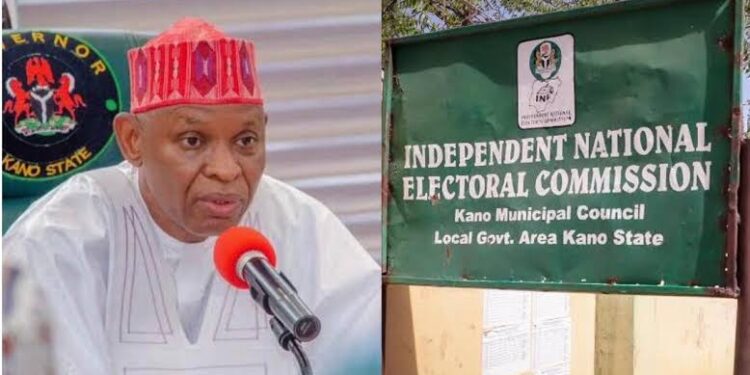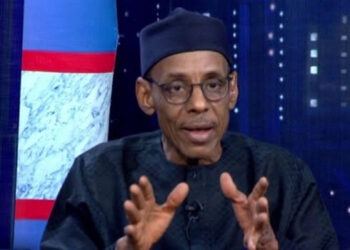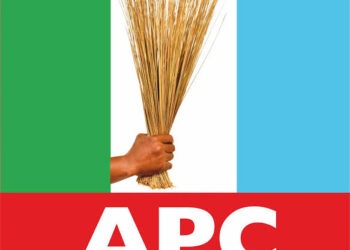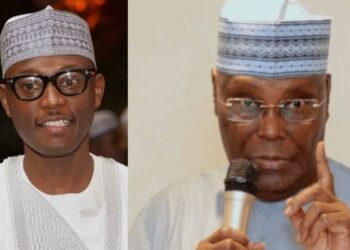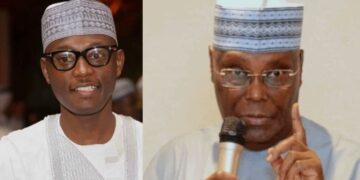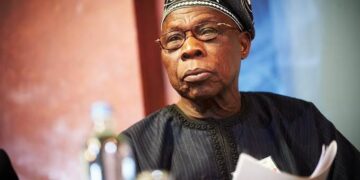Political parties in Kano State are strongly criticizing the Kano State Independent Electoral Commission (KANSIEC) for setting high fees for nomination forms for the upcoming local government elections scheduled for November 30. The cost for these forms has been set at N10 million for chairmanship candidates and N5 million for those running for councillorship positions.
Sani Lawal Malumfashi, the Chairman of KANSIEC, defended the high fees by explaining that they reflect the increased costs of conducting elections.
He attributed these rising costs to the country’s ongoing inflation, which has led to higher prices for essential services like power, transportation, security, diesel, and printing. Malumfashi also highlighted that the value of the local government positions has increased following a recent Supreme Court ruling that granted financial autonomy to local councils.
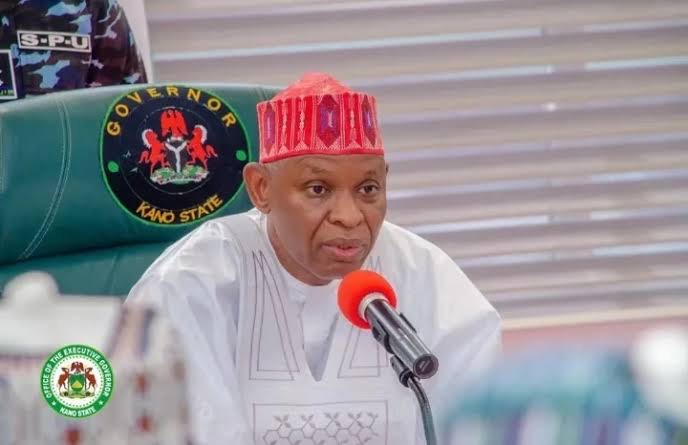
According to him, the fees for nomination forms are in line with those set by electoral commissions in neighboring states, suggesting that they are not unusually high.
The guidelines for candidates include several key requirements: candidates must be members of a political party, have at least a secondary school education, be free from drug addiction, not be bankrupt, and not be involved in secret cults.
The guidelines also stress the importance of using civil and respectful language during the election period and explicitly prohibit any form of harassment, intimidation, or attacks on voters and election officials.
Malumfashi urged political parties to distribute these guidelines among their members and emphasized the importance of cooperation from various stakeholders, including youths, community leaders, and security agencies, to ensure a smooth and successful election process.
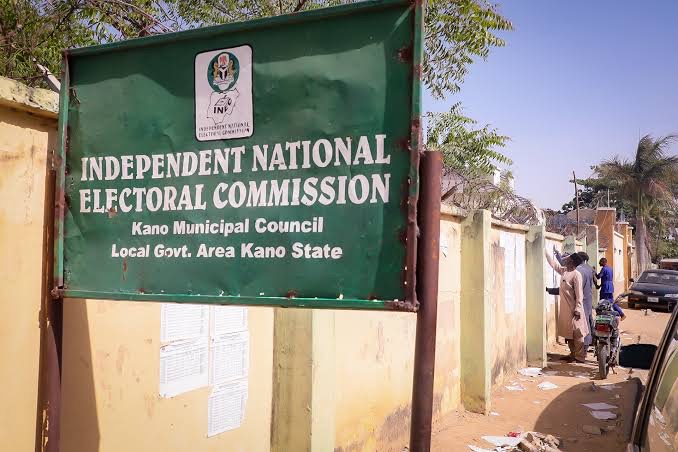
The high nomination fees have sparked strong reactions from political parties. Selina Zakari, the state Secretary of the All Progressives Congress (APC), has condemned the fees as exploitative and undemocratic. She expressed skepticism about KANSIEC’s ability to conduct a fair election, citing concerns over the Commission’s leadership, many of whom are known members of the New Nigeria Peoples Party (NNPP). Zakari revealed that the APC plans to challenge both the nomination fees and the involvement of NNPP members in court, seeking legal redress to address their grievances.
Similarly, Musa Maigari, the state Secretary of the Peoples Redemption Party (PRP), criticized the high cost of the nomination forms. He argued that such expensive fees would likely force elected candidates to engage in corrupt practices once they assume office.
Maigari’s comments reflect a broader concern among opposition parties that the high fees could undermine the integrity of the election process and limit opportunities for less affluent candidates.
As the election approaches, the controversy over the nomination fees and the conduct of KANSIEC continues to stir debate among political leaders and stakeholders in Kano State.


